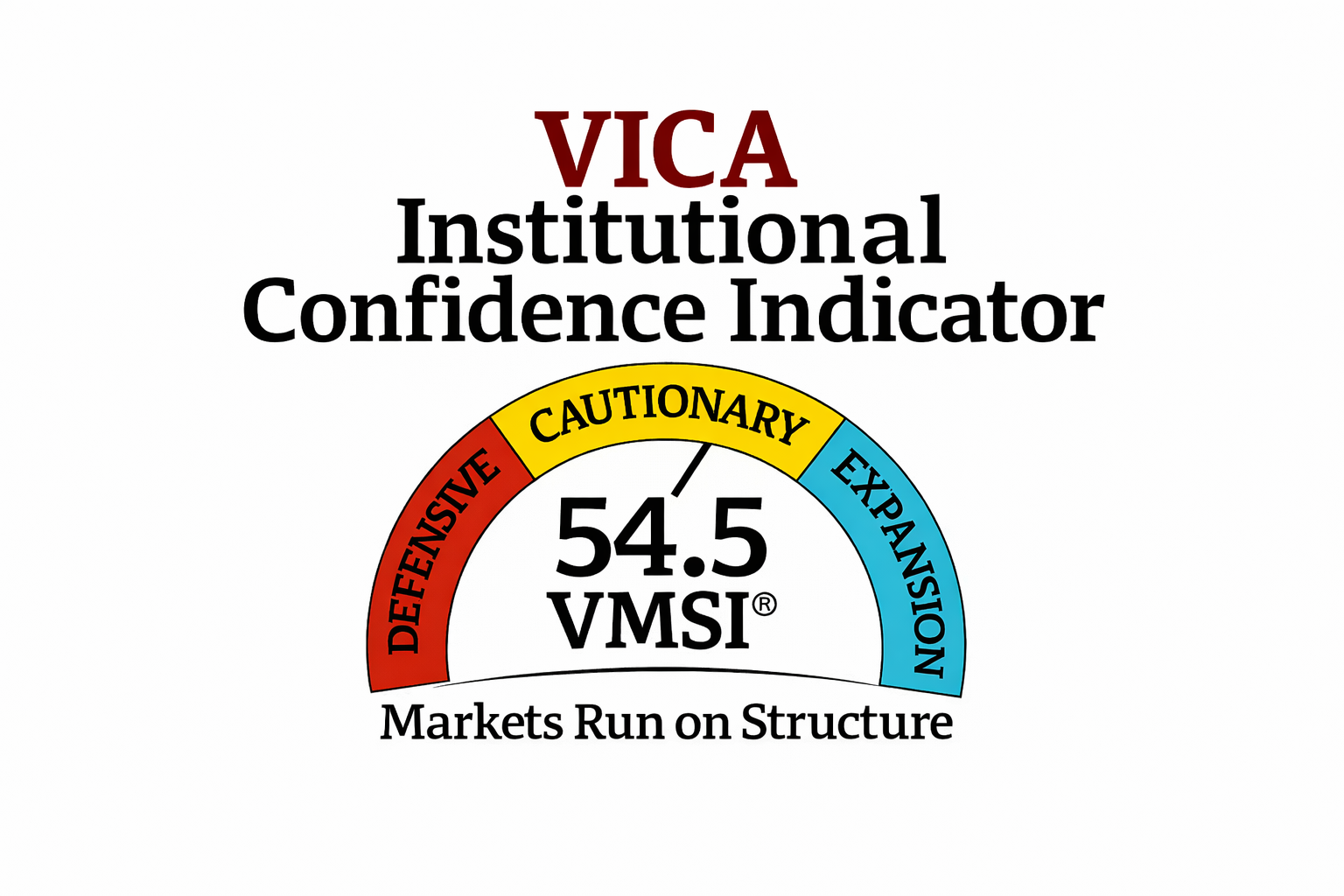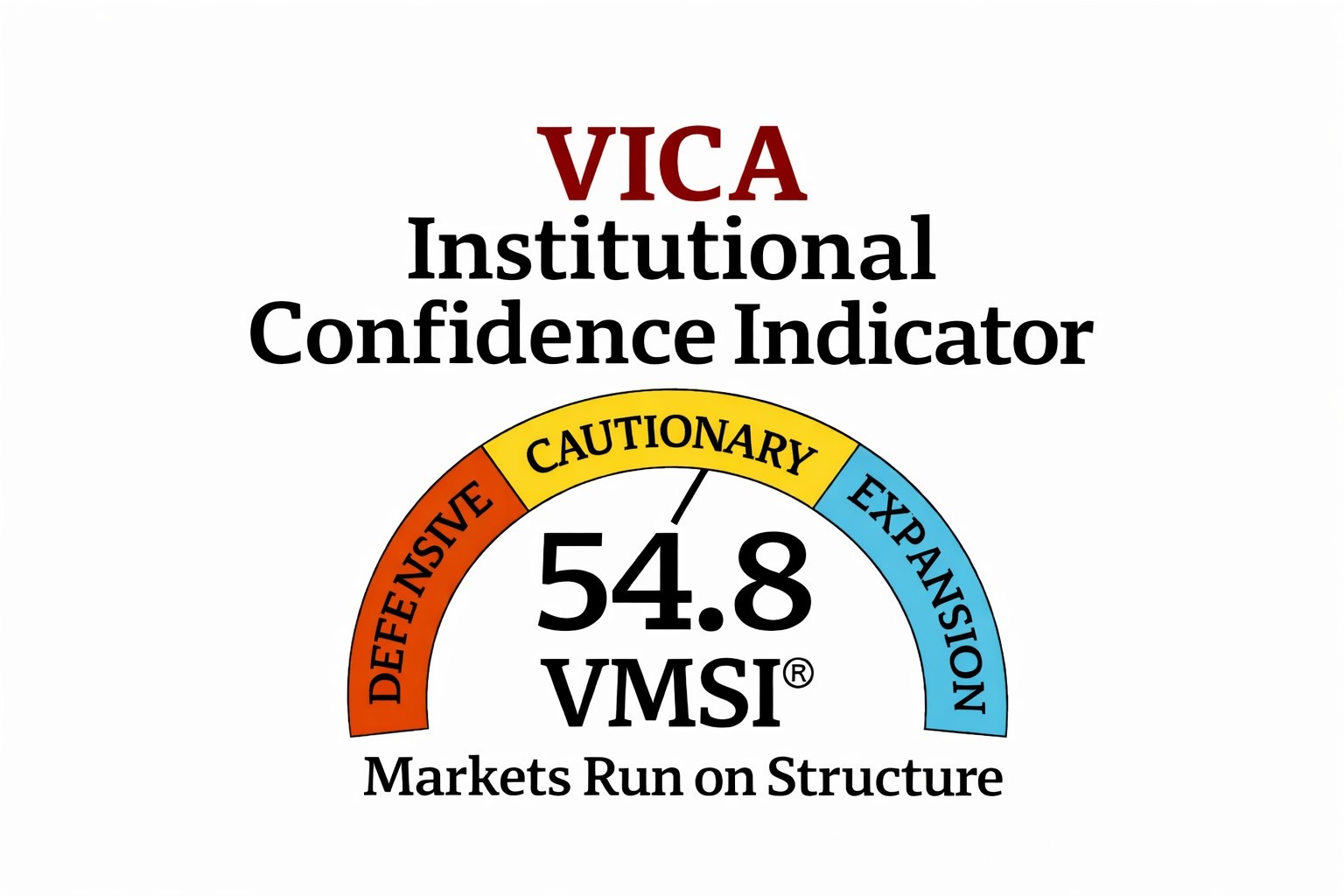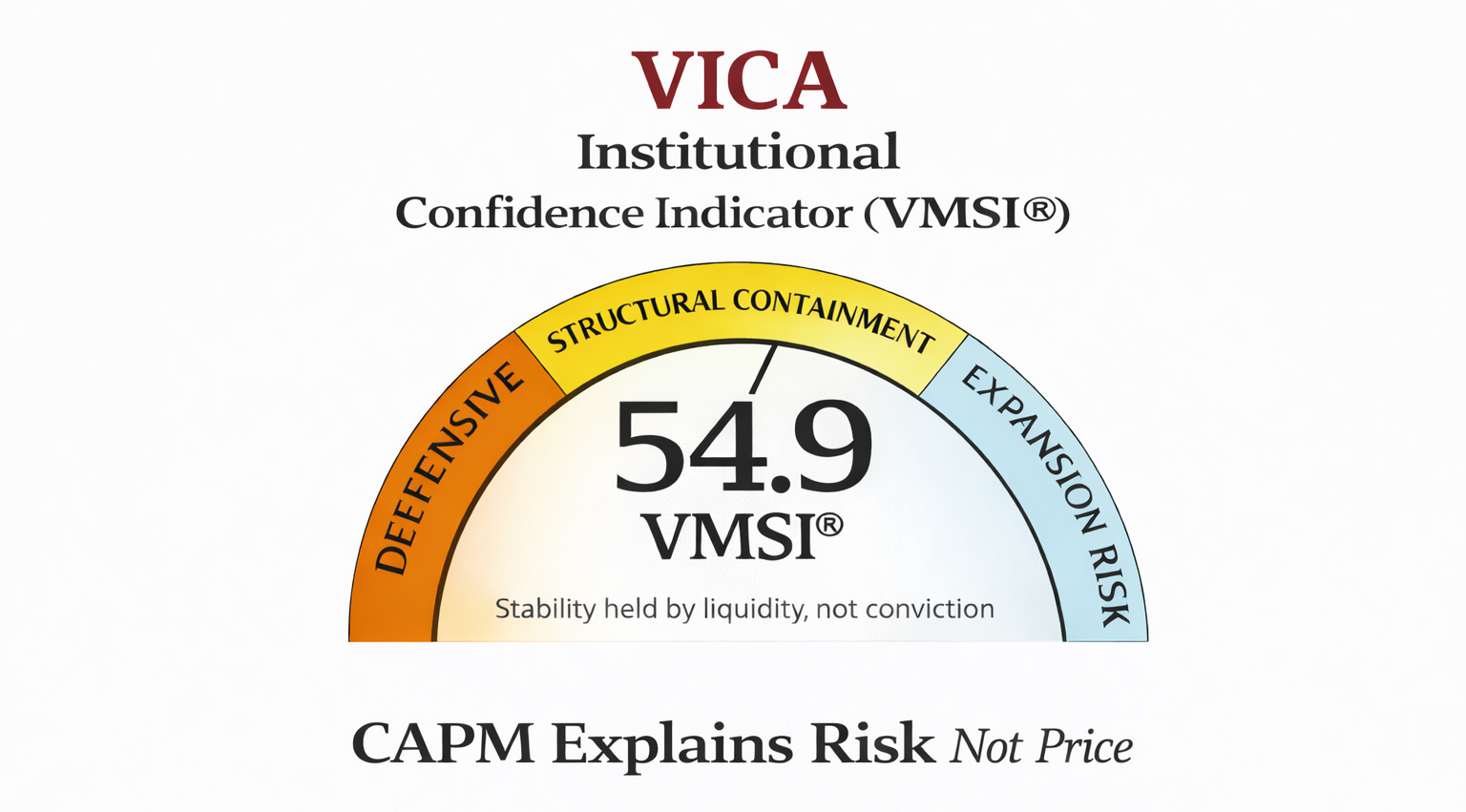INVESTOR SERIES
Question: What do hedge funds actually do?
Fact: A hedge fund is an investment vehicle for high-net-worth individuals, institutional investors, and other accredited investors. The term “hedge” is used because these funds historically focused on hedging risk by simultaneously buying and shorting assets in a long-short equity strategy.
Question: Are Mutual funds considered safer investments than hedge funds
Fact: Mutual funds are generally considered safer investments than hedge funds. That’s because fund managers are limited in their ability to use riskier strategies such as leveraging their holdings, which can increase returns, but it also increases volatility.
Question: What is a hedge fund vs ETF?
Fact: Hedge funds refer to private portfolio investments that use risk investment and management strategies to generate returns. ETFs are a type of security that tracks an index, bond, commodity or most common a group of related assets.
Question: What is the difference between private equity and hedge fund?
Fact: Hedge funds are alternative investments that use pooled money and a variety of tactics to earn returns for their investors. Private equity funds invest directly in companies, by either purchasing private firms or buying a controlling interest in publicly traded companies.
Question: What advantages do hedge funds have?
Fact: Hedge funds have the ability to diversify the investment in that it offers an array of investments. These include, the long/short, tactical trading, event-driven and also the emerging markets are some of the opportunities managers take.
Question: What is one disadvantage of a hedge fund?
Fact: High fees, hedge fund investors typically charge both a performance fee on top of a management fee.
Question: How do hedge funds lose money?
Fact: Hedge funds tend to be much less liquid than mutual funds. They typically require investors to lock up money for a period of years and do poorly during gain through short positions and market-timing strategies, as well as frequent short-term trading.
Question: How often do hedge funds fail?
Fact: About 40% of all large-cap funds fail over a 10-year period.
Question: How much do hedge funds return to investors?
Fact: A fund has to return a strong performance in order to overcome a fee of 1% to 2% of assets plus 20% of profits.
Question: What percentage of hedge fund managers actually beat the market?
Fact: Research shows that 85% of money managers can’t beat the market, they can’t outperform their respective benchmark index funds.
Fact: The S&P Indices versus Active (SPIVA) scorecard, which tracks the performance of actively managed funds against their respective category benchmarks, recently showed 79% of fund managers underperformed the S&P last year. It reflects an 86% jump over the past 10 years.
Question: What is the average 2022 return for hedge funds?
Fact: So far through March in 2022, the S&P 500 Total Return Index has shed a total of -8.01 per cent, whereas the hedge fund industry is down less than half as much (-3.55 per cent).




